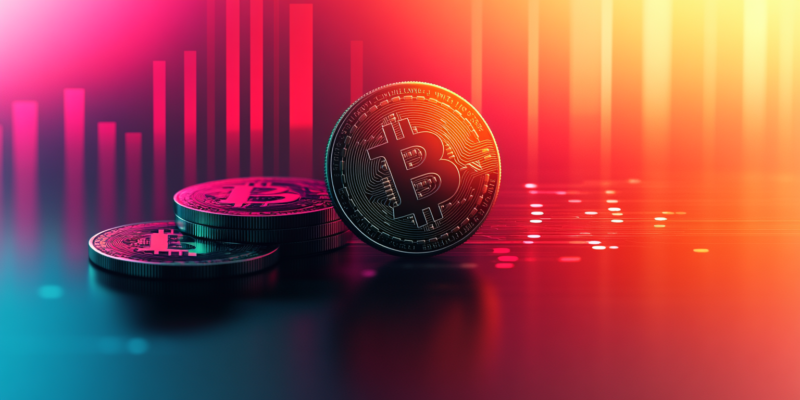Quick Takeaways
-
Regulatory Proposal: Robinhood has proposed to the SEC a standardized federal approach for regulating tokenized real-world assets (RWAs) to enhance clarity and modernization in finance.
-
Legal Standards for RWAs: The platform advocates that RWAs, which are blockchain representations of physical assets, should adhere to the same legal standards as traditional assets, avoiding classification as derivatives.
-
Creation of RRE: Robinhood suggests establishing a Real World Asset Exchange (RRE) for seamless off-chain trade execution and on-chain settlement, emphasizing compliance measures like KYC and AML.
- Market Potential: The tokenized RWA market is projected to grow to $18.9 trillion by 2033, driven by significant institutional interest and advances in blockchain technology, with major firms already facilitating substantial tokenized transactions.
Robinhood Calls for SEC to Modernize RWA Regulation in New Proposal
Robinhood has taken a significant step to reshape financial regulation. The trading platform recently submitted a 42-page proposal to the U.S. Securities and Exchange Commission (SEC). This initiative urges the SEC to adopt a standardized federal approach for regulating tokenized real-world assets (RWAs).
In its proposal, Robinhood emphasizes that RWAs—blockchain equivalents of assets like bonds, real estate, and equities—should fall under the same legal standards as traditional assets. By doing so, Robinhood believes that these digital assets can retain their original financial identity. This shift would clarify their role within the existing regulatory framework.
Moreover, Robinhood criticizes the current state-by-state securities oversight as outdated. They argue that this fragmented approach hampers innovation in a rapidly evolving tokenized economy. To resolve these issues, the proposal advocates for the establishment of a Real World Asset Exchange (RRE). This exchange would facilitate off-chain trades while ensuring on-chain settlements, thereby enhancing both efficiency and transparency.
Additionally, the RRE would integrate robust compliance features. The platform plans to use tools like Know Your Customer (KYC) and Anti-Money Laundering (AML) systems, partnering with firms such as Jumio and Chainalysis to strengthen security.
Interest in the tokenized RWA market rises as organizations seek innovative solutions. A recent report from Boston Consulting Group and Ripple predicts this market could reach $18.9 trillion by 2033. This estimate indicates a 53% growth rate, reflecting a growing consensus on the potential of tokenized assets.
Major financial institutions also show interest in tokenization. For instance, JPMorgan’s Kinexys platform has processed over $1.5 trillion in tokenized transactions. Similarly, BlackRock’s tokenized money market fund, BUIDL, surpassed $1 billion in assets under management this March.
Robinhood’s call to action may accelerate technological development in the financial landscape. A more cohesive regulatory framework could ease market entry barriers for new players, fostering innovation and consumer trust in tokenized assets. As the industry evolves, this proposal highlights a crucial step toward a more inclusive and modern financial system.
Continue Your Tech Journey
Dive deeper into the world of Cryptocurrency and its impact on global finance.
Stay inspired by the vast knowledge available on Wikipedia.
Disclaimer
This content is for informational and entertainment purposes only and does not constitute financial or investment advice. Cryptocurrency is highly speculative and carries significant risk, including the potential loss of your entire investment. Do not make financial decisions based on this information. Consult a licensed financial advisor before investing. This site does not offer, sell, or advise on cryptocurrency, securities or other regulated financial products in compliance with SEC and applicable laws. Please do your own research and seek professional advise.
CryptoV1

